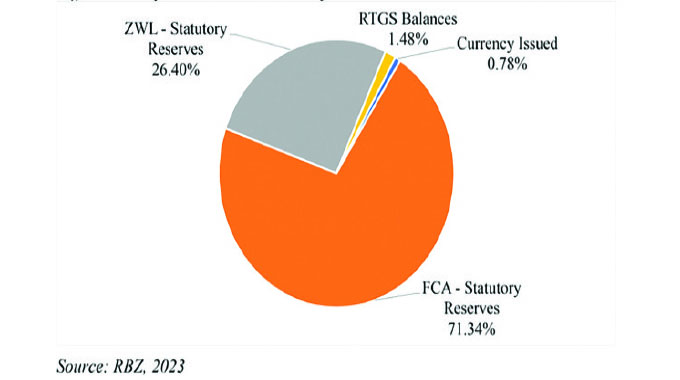Ease of Doing Export Business rectified


Minister Bimha
Enacy Mapakame Business Reporter
THE Government is amending at least 16 export regulations identified as impediments to ease of doing export business under the Ease of Doing Export Business Rapid Results Initiative, an official has said.
This should address the issues of high costs of production, complex and burden-some procedures, limited access to affordable long term trade finance and centralisation of agencies in major cities. The initiative, which is being spear-headed by the Office of the President and Cabinet is in line with Government’s plan of achieving export oriented economic growth.
In line with this, the initiative should also reduce the cost and time of exporting to 50 percent while improving exports by 5 percent.
The Ease of Doing Export Business RRI was launched on December 12, 2016 with two thematic groups focusing on export capacity and export regulations.
Chairperson of the thematic group on export regulation Mr Benison Ntini told the review meeting that overall milestones made so far were at 82 percent. He said export regulations affecting each sector were identified. For instance, Statutory Instrument 8 of 1996 which lists the number of products that require export permits.
“Draft amendments to the SI were completed by the Ministry of Industry and Commerce, only four strategic goods are now left on the list,” said Mr Ntini.
In line with the amended SI, only four goods remain and these are fertiliser, raw and refined sugar, timber and timber products.
The original SI 8 of 1996 had on its list a wide range of products including butter, coconut oil, scrap from manufacturing, cream and gypsum.
Other regulations reviewed include the SI 140 of 2013, for the removal of the Agriculture Marketing Authority annual registration fees of between $500 and $1 000 as well as the Plant Pests and Diseases Act.
Other areas identified to impede export procedures but with no specific statutory instrument to back them are multiple police roadblocks across the country’s roads which were said to project a negative image of the country, apart from causing delays in transportation of products.
OPC deputy chief secretary Dr Ray Ndhlukula said the initiative hinged on improving the ease of doing export business with a view to enhance production and contribution of value added exports. This, he said, would also accelerate the implementation of the economic blue print, Zim-Asset’s goals outlined under the value addition and beneficiation cluster.
“This will be further buttressed by the developments which are happening on the legislative front, where the Companies Act together with other related laws and procedures are being amended and streamlines to conform to the needs of Zimbabwean business climate and contemporary best practice,” he said.
He said the challenges industry currently face in exporting goods rendered Zimbabwean products uncompetitive on the international market and expensive locally.
“This therefore negatively affects industrial growth and development,” said Dr Ndhlukula.
Industry and Commerce Minister Dr Mike Bimha expressed concerns at the decline in the country’s export earnings in the past few years which resulted in an unsustainable trade deficit of $2, 4 billion in 2016.
Amending regulations that impede export procedures is therefore key to Government as it pushes towards export oriented growth.
“The most sustainable source of currency for Zimbabwe is not just exports but value added exports. The poor export performance has been a cause for concern and calls drastic measures by all stakeholders to arrest the situation.
“This has prompted the need to address the factors affecting the ease of doing business and capacity constraints using the rapid results approach,” said Dr Bimha.
The country’s export earnings declined from $3,6 billion in 2015 to $2,8 billion in 2016.








Comments